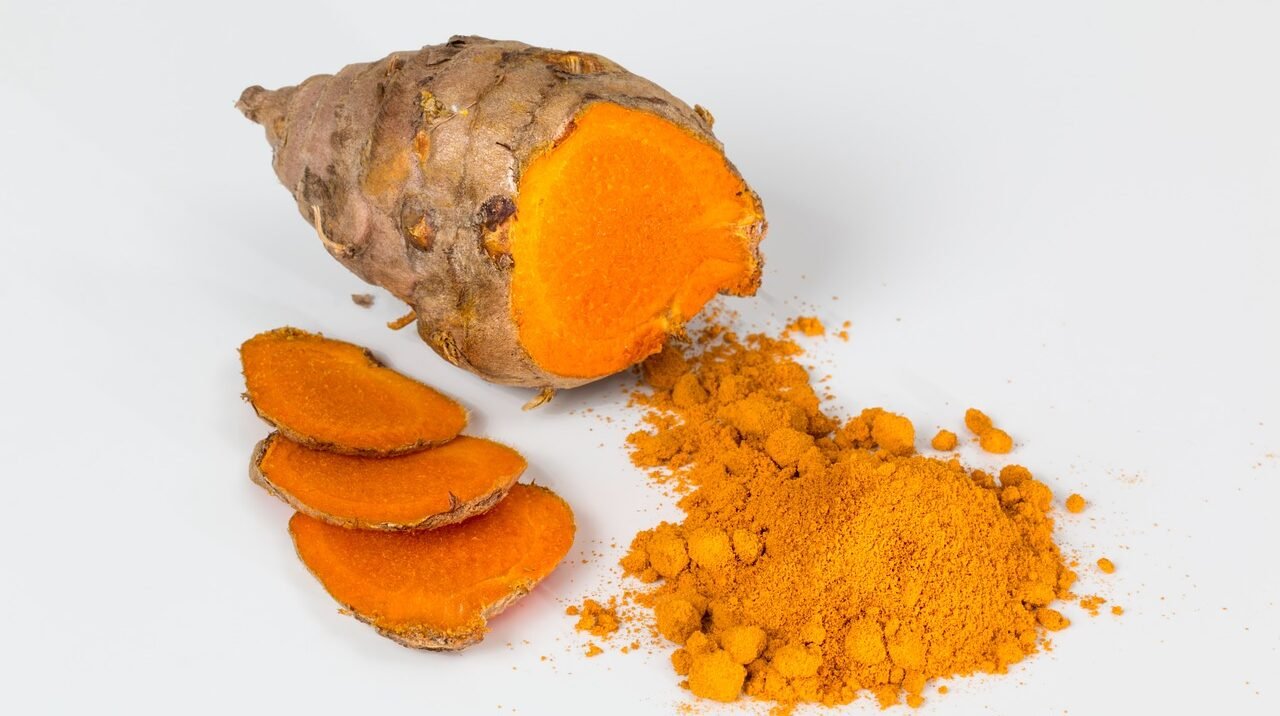Turmeric, scientifically known as Curcuma longa, has earned the title of the “Golden Spice” due to its vibrant color and extensive range of potential health benefits. Widely used in culinary traditions and traditional medicine systems, particularly Ayurveda, turmeric has become a global superstar for its versatility and therapeutic properties. Let’s explore the historical significance, nutritional components, and the diverse ways turmeric contributes to both flavor and well-being.
Historical Significance:
Turmeric has a rich history dating back thousands of years, primarily in India and Southeast Asia. It has been an integral part of Ayurvedic medicine, revered for its anti-inflammatory and antioxidant properties.
Nutritional Profile:
The active compound responsible for many of turmeric’s health benefits is curcumin. Additionally, turmeric contains other bioactive compounds, including turmerones and curcuminoids.
- Curcumin:
- Curcumin is the primary active ingredient in turmeric, known for its anti-inflammatory and antioxidant effects.
- Turmerones:
- Turmerones are another group of compounds found in turmeric, which may have potential health benefits, including neuroprotective properties.
Health Benefits:
1. Anti-Inflammatory Properties:
- Curcumin’s potent anti-inflammatory effects may help alleviate inflammation, making turmeric a valuable tool in managing inflammatory conditions.
2. Antioxidant Defense:
- Turmeric’s antioxidants, particularly curcumin, combat oxidative stress and may protect cells from damage caused by free radicals.
3. Joint Health:
- Turmeric is traditionally used to support joint health, and its anti-inflammatory properties may contribute to managing conditions like arthritis.
4. Digestive Health:
- Turmeric may aid in digestion by stimulating bile production and promoting overall digestive comfort.
5. Cognitive Support:
- Some studies suggest that curcumin may have neuroprotective effects, potentially supporting cognitive function and reducing the risk of neurodegenerative diseases.
Forms of Consumption:
- Ground Turmeric:
- Ground turmeric is a common spice used in cooking, adding a warm, earthy flavor to a variety of dishes.
- Turmeric Supplements:
- Turmeric supplements, often containing curcumin extracts, provide a concentrated form for those seeking higher doses.
- Turmeric Tea:
- Turmeric tea is a popular beverage, combining the benefits of turmeric with other herbs and spices for a soothing drink.
Precautions:
- While turmeric is generally safe for culinary use, individuals taking blood-thinning medications or with gallbladder issues should consult with a healthcare professional before using turmeric supplements.



